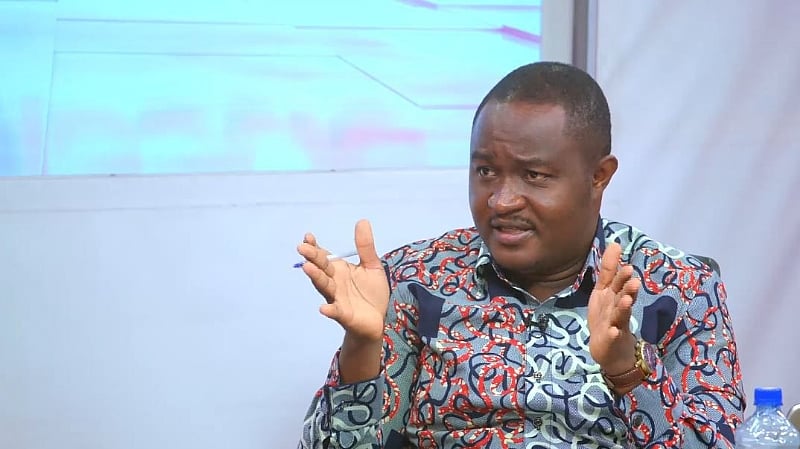Kwasi Kwarteng, a legal practitioner and former spokesperson for the Ministry of Education, has ignited a discussion on youth and women representation in Ghanaian politics. Kwarteng contends that the New Patriotic Party (NPP) has demonstrated an unparalleled commitment to appointing young people and women to positions of power within the government. He cites his own appointment in 2021, at the age of 28, as spokesperson for the Ministry of Education as a testament to the NPP’s focus on providing opportunities for the youth. This, he argues, is a broader trend under President Nana Addo Dankwa Akufo-Addo’s leadership, reflecting a deliberate effort to empower younger generations and women in the political landscape. Kwarteng’s assertion challenges the narrative, particularly in the face of recent appointments by other political parties, prompting a closer examination of the actual representation across different administrations.
Kwarteng’s argument centers on the premise that a comprehensive analysis of political appointments across various administrations would reveal the NPP’s superior record in promoting youth and women. He posits that the NPP has not only provided more opportunities for young individuals but has also established a benchmark for women’s empowerment and leadership participation within the government. This claim invites a comparative study of appointments made by different political parties in Ghana, considering factors such as age, gender, and the level of responsibility assigned to appointees. Such an analysis would provide empirical evidence to either support or refute Kwarteng’s claim, offering a clearer picture of the actual representation of youth and women in government.
However, Kwarteng also acknowledges that youth alone is not the sole criterion for political appointments. He emphasizes the importance of hard work, self-improvement, and dedication as essential prerequisites for success in the political arena. He advises aspiring young politicians to focus on developing their skills, adding value to themselves, and distinguishing themselves in their chosen fields. This nuanced perspective recognizes that while opportunities are crucial, individual effort and merit are equally important for achieving success in politics. Kwarteng’s statement suggests a meritocratic approach, where youth is seen as a potential but not an automatic qualifier for political office. He implies that the NPP, while prioritizing youth, also values competence and dedication.
Kwarteng’s comments come in the wake of recent nominations by former President John Dramani Mahama, leader of the National Democratic Congress (NDC), for regional ministerial positions. These nominations included Dr. Amoakohene for the Ashanti region, highlighting the NDC’s own efforts to incorporate youth into leadership roles. This parallel action by the NDC adds another layer to the discussion initiated by Kwarteng, suggesting a broader awareness among political parties of the need to engage younger generations in governance. Mahama’s nominations, particularly that of Dr. Amoakohene, serve as a direct counterpoint to Kwarteng’s claims, presenting an opportunity to compare and contrast the approaches of the two major political parties towards youth representation.
The list of nominees submitted by President Mahama to Parliament for approval also included Linda Obenewaa Akweley Ocloo for the Greater Accra Region and Mrs. Rita Akosua Adjei Awatey for the Eastern Region. These nominations further underscore the NDC’s efforts to promote both youth and women in leadership positions. The inclusion of both male and female nominees, young and experienced, reflects a potential strategy by the NDC to appeal to a broader demographic and address concerns about representation across different segments of the population. These appointments, therefore, become part of the larger debate on political representation, offering a tangible example against which Kwarteng’s claims about the NPP’s superior record can be assessed.
In conclusion, Kwasi Kwarteng’s assertion regarding the NPP’s superior record in appointing youth and women to government positions has sparked a crucial conversation about representation in Ghanaian politics. His claim, juxtaposed against recent appointments by the NDC, particularly under former President Mahama, necessitates a deeper analysis of the actual representation across different administrations. While Kwarteng rightly emphasizes the importance of hard work and merit alongside opportunities, the debate ultimately revolves around the concrete actions taken by political parties to ensure inclusive and equitable representation of youth and women in positions of power. This discussion is not merely about numbers but about fostering a political environment that genuinely empowers and engages all segments of society, particularly those historically underrepresented. It calls for a critical examination of the pathways to political leadership and the role of political parties in shaping a more representative and inclusive future for Ghana.














